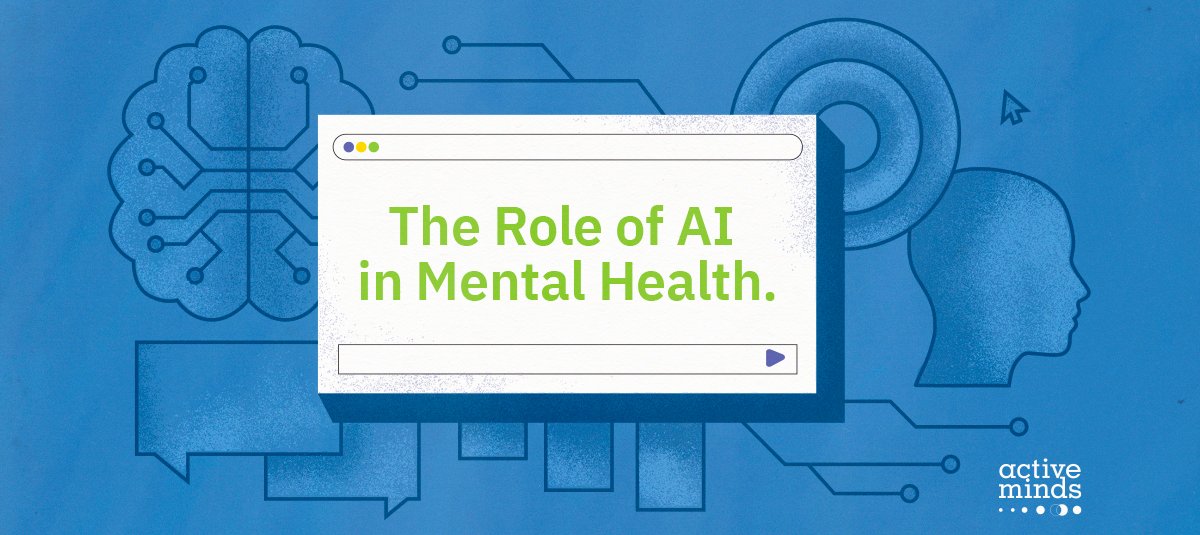In the realm of education, the mental well-being of students is as crucial as their academic achievements. Recognizing and addressing mental health issues can be challenging, but Artificial Intelligence (AI) is emerging as a promising ally.
This article simplifies how AI is being integrated into educational settings to support mental health interventions, making a significant impact on students’ lives.
Understanding the Context
Students face various stressors that can affect their mental health, from academic pressure and social dynamics to personal issues. Early identification and intervention can help manage these problems before they escalate. However, the traditional methods of identifying and supporting students with mental health needs are often reactive and rely heavily on observable behaviors or self-reporting, which might not capture all those in need.
The Role of AI in Mental Health Interventions
AI, with its capability to analyze large volumes of data and identify patterns, offers innovative approaches to support mental health in educational environments:
Early Identification: AI algorithms can monitor data from students’ interactions with digital learning platforms, including their writing patterns, frequency of logins, and overall engagement. Subtle changes that might indicate stress or mental health issues can prompt early interventions.
Personalized Support: AI can help tailor mental health resources and interventions to the individual needs of students. By analyzing data on each student’s behavior and preferences, AI can suggest personalized coping strategies, resources, or even trigger alerts for human counselors to reach out.
Chatbots and Virtual Counselors: AI-powered chatbots and virtual counselors can provide immediate, 24/7 support to students. These tools can offer coping mechanisms, guided exercises, or simply a safe space for students to express their feelings. While not a replacement for human counselors, they can be a valuable first line of support.
Reducing Stigma: The anonymity of interacting with AI tools can help reduce the stigma associated with seeking help for mental health issues. Students might feel more comfortable engaging with a chatbot about their feelings, which can be a step towards seeking further help.
Data-Driven Insights: AI can provide educators and policymakers with valuable insights into the mental health trends within a school or district. This data can inform more effective policies, support systems, and educational practices to promote mental well-being.
Examples of AI in Action
Several initiatives around the world are exploring the use of AI in supporting student mental health. For instance, some universities are using AI systems to analyze students’ written assignments for signs of distress, enabling timely support. Other institutions have introduced chatbots that assist students with anxiety or sleep problems, offering exercises and advice to help manage their symptoms.
Challenges and Ethical Considerations
While the potential of AI in mental health interventions is immense, it also raises important ethical and privacy concerns. The collection and analysis of sensitive data require stringent safeguards to protect students’ privacy. There’s also a need for transparency about how AI tools are used and ensuring they complement, rather than replace, human support.
Moreover, the effectiveness of AI interventions must be continuously evaluated to ensure they are providing meaningful support and not inadvertently causing harm.
Conclusion
AI presents a transformative opportunity for mental health interventions in education. By offering tools for early identification, personalized support, and insightful data analysis, AI can play a critical role in promoting students’ mental well-being. However, the success of these interventions depends on careful implementation, ethical considerations, and ongoing evaluation.
As education systems increasingly embrace AI, the hope is that students will not only excel academically but also thrive mentally and emotionally, equipped with the support they need to navigate the challenges of their educational journey and beyond.
